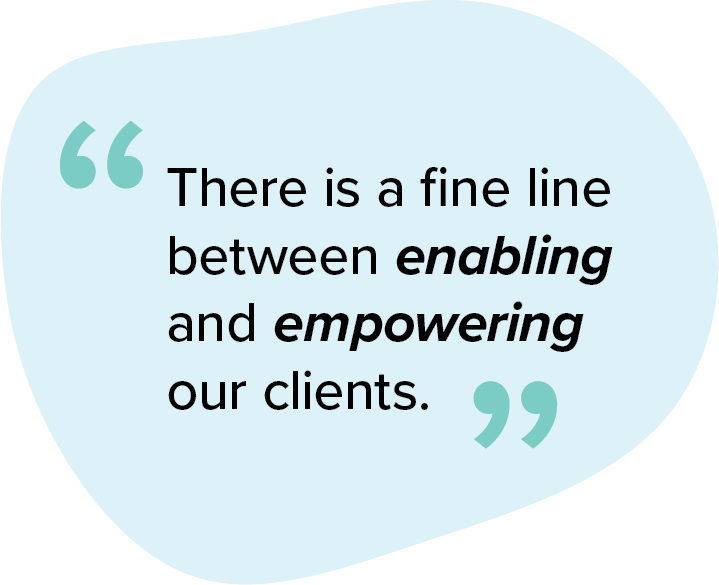Written by: Cindi J. Jeffrey, LMHP, LISW
Idealism in Social Work
I found a paper I had written for my undergraduate social work degree. In it, I alluded to the fact that I wanted to change the world. My idealism was prolific throughout the paper; however, my vision of how I fit into the world may have been a tad skewed.
Interestingly, I am not the same professional in social work when I began this journey many decades ago. Furthermore, I am not the same person. Personal experiences, professional encounters, and traumatic cases have provided me with a new outlook on how I view our profession. Looking back at the time that paper was written is almost embarrassing. I wonder if I truly helped my clients or rendered them dependent upon me.
Social Work Goals
As a social worker, I have always made it a point to be more personable and open. I worked hard to break the stereotypical vision that most people appeared to have of the white-gloved woman going through your house and looking for things you have done wrong. I focused on what was going right, and after I earned some trust, we could go into what was not working so well.
There is a fine line between enabling and empowering our clients, and that line is often drawn in the sand. Additionally, that line appears to be constantly moving and redrawn. As a young social worker, my goal was to “fix” everyone and every situation I encountered. I did not want anyone to suffer, nor did I feel accomplished unless a problem was solved. Only once the issue was taken care of was I comfortable leaving the people involved.

Enabling or Empowering?
As the years progressed, I gained more experience, and I learned how damaging enabling a client could be. While those identified problems may have been taken care of in the short term, the client learned no skills during that process. Once I was removed from the case, the same issues were likely to return, leaving the client in the same situation as when I entered.
Listen, I get it. It feels good to help. It feels good to be needed. However, when we solve every problem for our client, we meet our needs, not theirs. The client may be grateful and express themselves as such, but who did we actually help? Whose needs did we fulfill?
In social work, our jobs can be diverse. Many of us went into the field due to our personal experiences and are very good at what we do. At some point in our career, there must be a defining moment to see the clarity of our responsibilities. If we continuously enable our clients, we are not working for them; we are working to meet our own needs.

Check Yourself as a Social Worker
It is our responsibility to draw that line in the sand. We are social work professionals. We need to meet the needs of a client, not meet our own needs. It is our job to continuously monitor ourselves so we can meet the needs of our clients. It is our job to empower our clients in order not to need us anymore. Moreover, do not forget to take care of yourself, my friend.
About the Author
With over 25 years of Child Welfare experience, Cindi brings a well rounded approach to individual and couples therapy. Understanding how the family influences one’s perspectives can enhance a person’s ability to see themselves and others through their unique lenses. Recently, Cindi has been providing therapeutic interventions for seniors in nursing facilities, focusing more on adjustment disorders, end of life, and chronic illness issues. In her spare time, Cindi enjoys biking, walking and reading.

Cindi J. Jeffrey, LMHP, LISW
